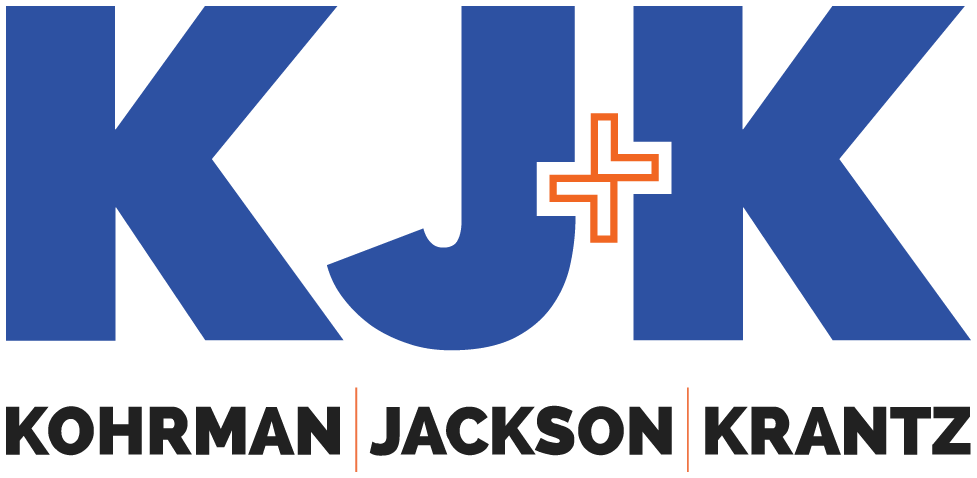The Copyright Act’s Unintended Consequence: For-profit Litigation
In 1976 as Jimmy Carter won the presidency and the nation celebrated its bicentennial, no one predicted a bill intended to protect authors from unfair use of their original works would lead to multi-million dollar lawsuits for something as simple as the click of a mouse.
The Copyright Act of 1976 was passed to promote the protection of original works and give artists rights to enforce those protections, but recently the Act has been exploited by companies trying to make a quick and easy dollar off of what is considered everyday copyright infringement.
Many individuals (or someone using their IP address) download movies, music or games from BitTorrent or other peer to peer sharing platforms. Companies, such as Malibu Media, target and prey on these users to demand thousands of dollars in settlement for copyright infringement.
This may seem like a legitimate exercise of copyholder’s rights; however, these companies employ a “sue to settle” methodology which is largely profitable but ethically questionable. Generally, these companies, known as copyright trolls, file a complaint against multiple “John Does” (i.e. unknown defendants), but since they do not know exactly who they are suing, they subpoena the users’ internet service provider (ISP) for their names. ISPs, such as Time Warner or AT&T, then send a letter to the John Does informing them their information is going to be turned over.
At this point, the copyright trolls then contact the users to squeeze thousands of dollars for settlement payments. The trolls pressure the users with threats of further public litigation. Oftentimes these cases involve pornography so the burden of social stigma is especially high. Additionally, users who may wish to enter professional careers or groups later on will have to disclose this potentially embarrassing information (e.g. doctors, accountants, etc.).
Apart from this heavy-handed manipulation, the users who are named in this suit may not even be the illegal downloaders. Since the activity is traced to the IP address, the identified “user” is the person who foots the internet bill. Meanwhile, the actual downloader may be a roommate, family member or stranger who gains access to a poorly protected network.
Malibu Media Invades Ohio
Copyright trolling has recently infiltrated Ohio, where Malibu Media has filed dozens of lawsuits in the federal district court for southern Ohio (which includes the Columbus, Cincinnati and Dayton areas). If you have received a threatening settlement offer or letter from your ISP, rather than simply paying the troll to go away another option is to fight back in litigation. Dahman Law is seeking clients who are victims of this scheme to represent in litigation and/or settlement negotiations as the firm believes this practice to be unfair and an abuse of intellectual property rights.
If you have received communication from either your ISP or a troll such as Malibu Media and wish to contest the claims, please contact us today.

